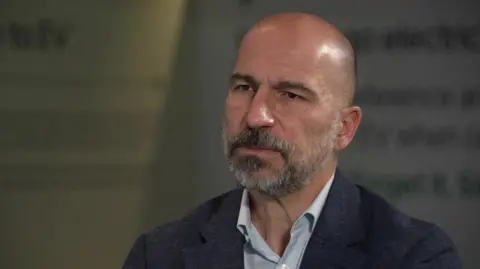The UK government is planning to expand the scope of collective defined contribution pension schemes in the hope it will improve retirement planning and channel savings into a wider pool of assets.
In a consultation launched on Tuesday, the government is proposing to broaden access to CDC pensions to allow multiple employers to participate in a single scheme. The move comes after the Royal Mail launched the UK’s first such scheme this week.
“This significant innovation will offer a more predictable income and greater finance security for future pensioners,” said pensions minister Emma Reynolds.
CDC schemes offer a halfway house between traditional defined benefit pensions plans, which offer predictable payouts but are now generally closed to new members in the private sector, and defined contribution plans, where payouts are based on investment performance as well as how much the employee and company has paid in.
CDC members participate in a pooled scheme and are offered a target return they can plan their retirements around — but returns are not fixed and companies are not obliged to make up any shortfalls in the scheme’s funding.
The government hopes that if companies club together to produce large CDC schemes, more investment will be channelled towards UK infrastructure and start ups, helping to support the government’s mission to boost the economy.
The consultation comes as chancellor Rachel Reeves has made a review of the £2.4tn UK pensions industry a cornerstone of her plans to boost the economy and lift investment in British assets.
Reeves has said she wants to create a “Canadian-style” model with massive retirement funds investing in British equities and infrastructure.
A report published by New Financial last month found that UK pension schemes had only about 6 per cent allocated to private equity and infrastructure combined, compared with 34 per cent for Canadian public sector schemes and 14 per cent for Australian superannuation schemes.
However, the take up of CDC schemes — which have been allowed in the UK since 2021 — has been slow. The Royal Mail is the only company to announce plans to launch such a scheme.
Companies have been reluctant to set up CDC schemes because they have established defined contribution plans and are nervous of introducing new structures that could introduce new business risks.
“A ‘club’ approach is more viable than individual businesses . . . CDC does need scale for the concept to work,” said Raj Mody, partner at PwC, but he added that the challenge would be how companies mitigated the challenges involved with partnering with other companies.
“Businesses are likely to want to see some protection from any club approach, especially given the long-term commitment required. Otherwise it may be too big a leap of faith,” he said.
Edi Truell, a City financier, warned that there was also a “risk of intergenerational unfairness” with CDC schemes, with younger members bearing a disproportionate amount of the investment risk than older members, because they have longer to run until retirement and more time to weather any downside shocks.








































































































































You must be logged in to post a comment Login